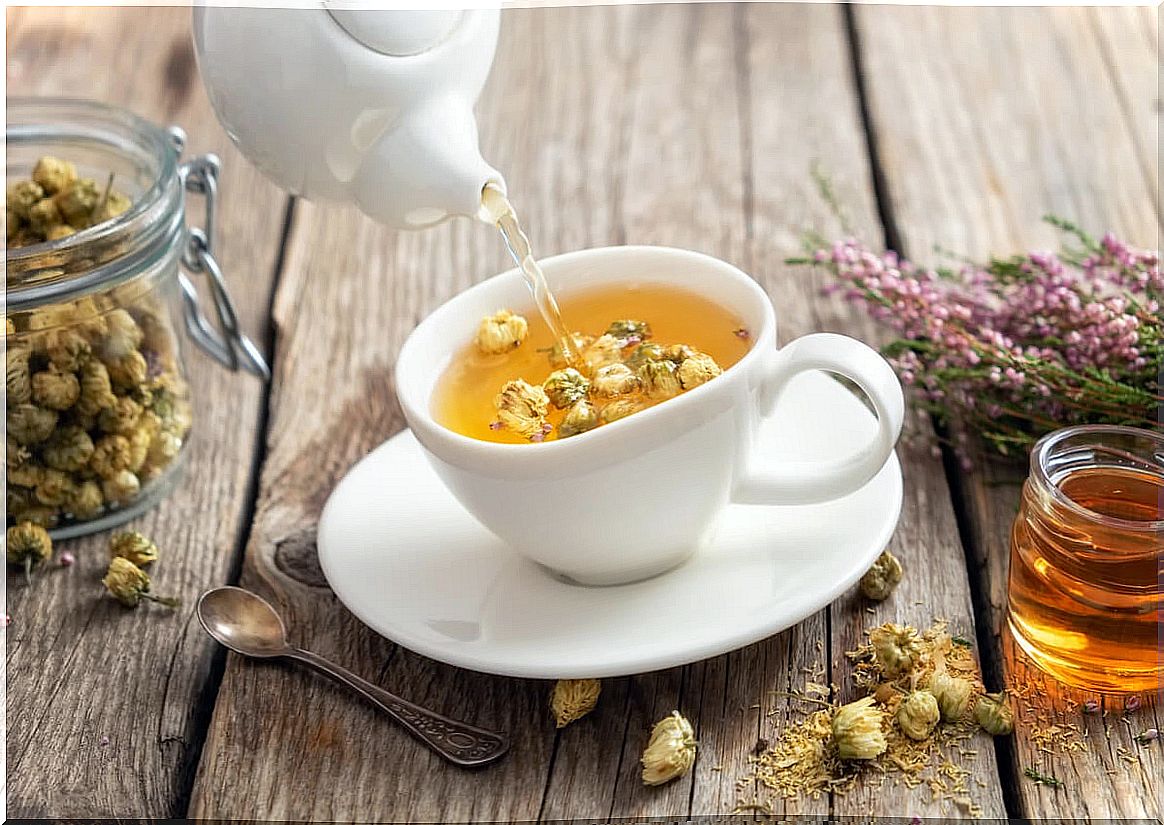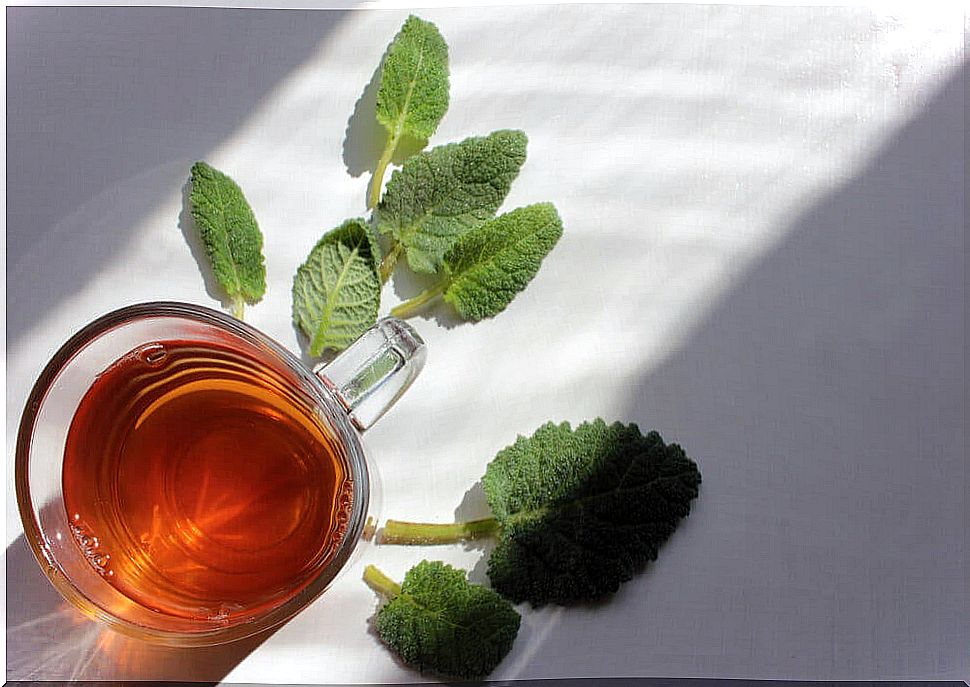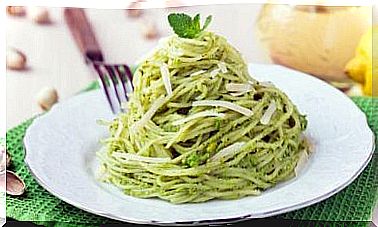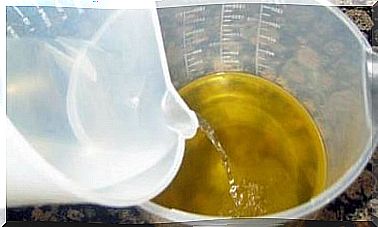Natural Remedies For Chronic Stress
Chronic stress disrupts our life. Thus, when we allow this condition to extend over time without setting limits, treatment and response strategies, its impact is permanently installed in our mind and organism.
The effects can be immense: exhaustion, inattention, difficulty in solving the simplest problems, negativism, low motivation …
Our emotional balance is seriously affected, as well as our health. It is therefore important to always have expert professional support so as not to go to these extremes.
When acute stress (that which is punctual and associated with a specific trigger) becomes chronic, we even run the risk of suffering other more serious psychological conditions.
We must react, we must ask for help and make changes. Thus, we can also add complementary approaches to psychological intervention, where natural remedies can also be of great help.
Can Herbal Remedies Reduce Chronic Stress?
Medicinal plants are helpful in reducing the symptoms and effects of chronic stress. Now, we emphasize the fact that we are facing a complementary approach, not a substitute for psychological therapy.
The main strategy to cope with stress will always be psychological therapy. In addition to this approach, we can add other resources, such as yoga, mindfulness, artistic therapies, exercise and of course natural remedies.
Furthermore, studies such as the one carried out by Dr. Thomas Lenz, from the University of Manchester, show us that there are different plants with adequate relaxing properties. They are undoubtedly very suitable for treating the effects of stress. However, it is necessary for each person to know the effects of each herbal remedy they are going to take.
There are plants that can interact with various medications, therefore it is necessary to consult with our doctors before deciding on one option or another in our day to day life.
Chronic stress is the order of the day
A few years ago we started talking about “stress” because many people suffered from it. That rate of affected people was growing and, at present, we can say that a large percentage of the population has had at least one episode of stress.
But the problem does not end there, because in addition to increasing the cases of stressed people, doctors have begun to notice that the symptoms are greater and worse. For this reason, the disease was divided into two large groups: “traditional” stress (to call it somehow) and “chronic” stress.

The consequences of both are devastating for the body. The difference lies in the level of stress we have, how long we maintain it and how difficult it is to reduce it.
One of the most important consequences of stress is a weakened immune system, vulnerable to all kinds of diseases, including the typical cold. However, many people with high levels of stress are at higher risk for heart attacks.
Stress also causes:
- Gastritis
- Insomnia
- Obesity
- Headache
- Irritability
- Headache
- Vision problems
- Muscle aches (especially in the neck)
How to treat chronic stress naturally?
Fortunately, plants can help us improve many ailments and pathologies. In the event that you are suffering from stress or feel that you are too nervous or anxious lately, these herbs can help you:
Chamomile

There are many properties of this common plant that grows almost everywhere. It has been used for centuries to treat:
- Fever
- Indigestion
- Headache
- Stomach problems
- Nervousness
- Anxiety
- Insomnia
- Aging
When it comes to stress, it has the ability to relax us and increase our sense of well-being. Studies such as the one carried out at the University of Cleveland, tell us that chamomile continues to be one of the most effective and safest natural resources for symptoms associated with stress.
Drink 2 cups of chamomile tea a day (better if it is with the flowers but, if not, in a sachet) and you will see the results.
Tarragon
It is a plant that can be very useful in people who, due to stress, suffer from pain in the muscles, especially in the neck, shoulders and back.
As if that were not enough, tarragon serves to balance the appetite (when we are stressed we eat more and worse) and promotes tranquility. It is advised in students before taking an exam, for example.
Rosemary
It is a shrub with a special flavor that gives an exquisite aroma to your creams, sauces and soups. The Greeks used rosemary to create ornaments for the head, since they thought that whoever had it close to the brain would think more clearly.
Some of the properties of this plant are:
- Relax your muscles.
- Improves blood flow to the brain.
- Fight stress.
Rosemary is rich in minerals and vitamins. The good news is that it can be found in stores as a condiment and is more than versatile for cooking.
Sage

Sage has been used for different diseases since ancient times. Currently, research indicates that this herb is very beneficial for those who suffer from stress.An example of this is what they explain to us from a study carried out at the University of Eskisehir Osmangazi, in Turkey:
- Sage has anti-inflammatory properties.
- Relaxing
- Antioxidant
- Comforting
It serves to clear the mind and maintain emotional balance. Of course, it helps us in the episodes of chronic stress that we may suffer.
Grass of San Juan
Also known as St. John’s wort, one of its main benefits is to help fight depression that can be caused, for example, by stress. The compounds in St. John’s Wort are used to:
- Leveling stress-related hormones
- Promote the production of hormones that promote the feeling of fullness
- Calm the mind and body
Dill
If because of stress you are suffering from stomach problems such as heartburn or indigestion, do not hesitate to take advantage of the benefits of dill. It is also very good for severe gastritis.
Since ancient times, this plant has been used to relax the stomach and relieve digestive cramps.
How to consume plants to relieve stress?

The best way is through an infusion.
Ingredients
- 1 tablespoon of the herb of your choice
- 1 cup of water (250 ml)
Preparation
- Heat the water until it boils.
- Add the tablespoon of the herb of your choice.
- Cover and let stand 5 minutes.
- Strain and drink.
Some people also take advantage of the benefits of these plants in the bath water. They make the tea as indicated above but instead of drinking it, they pour it into the tub with more hot water and soak for a few minutes.
Last but not least, remember that to treat chronic stress the best strategy would always be to seek help from a clinical psychologist. There are very effective therapies with which we can deal 100% with these situations.









